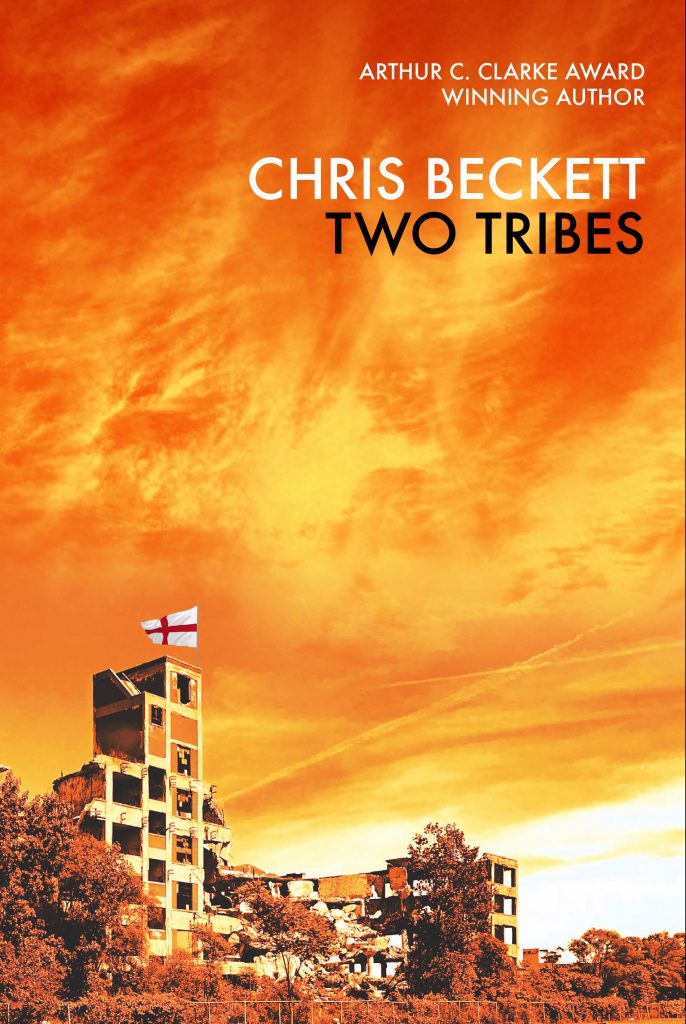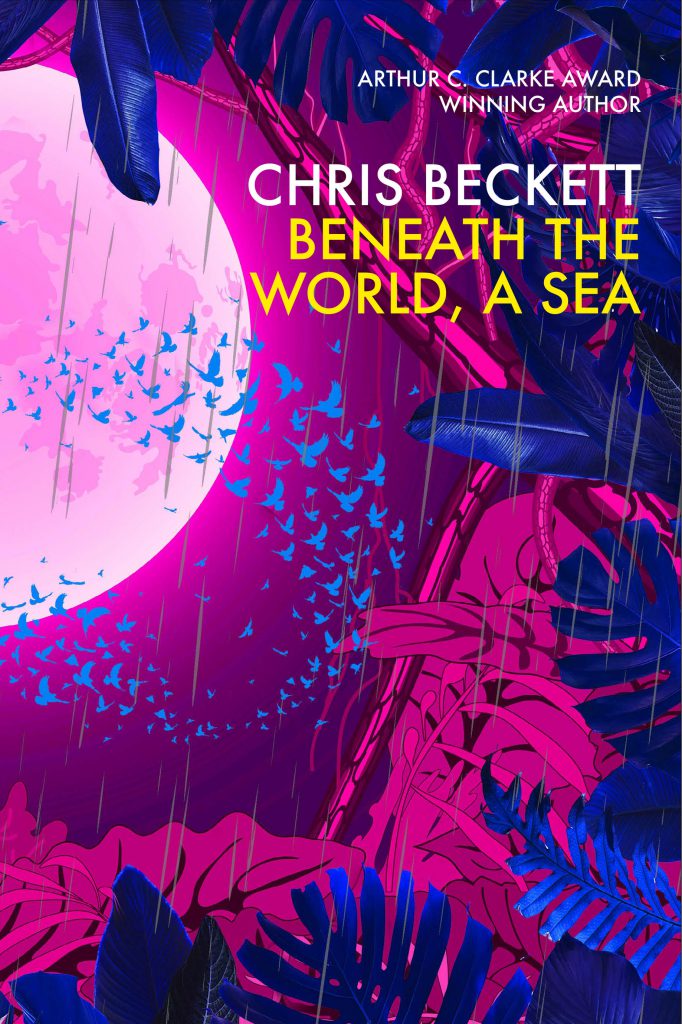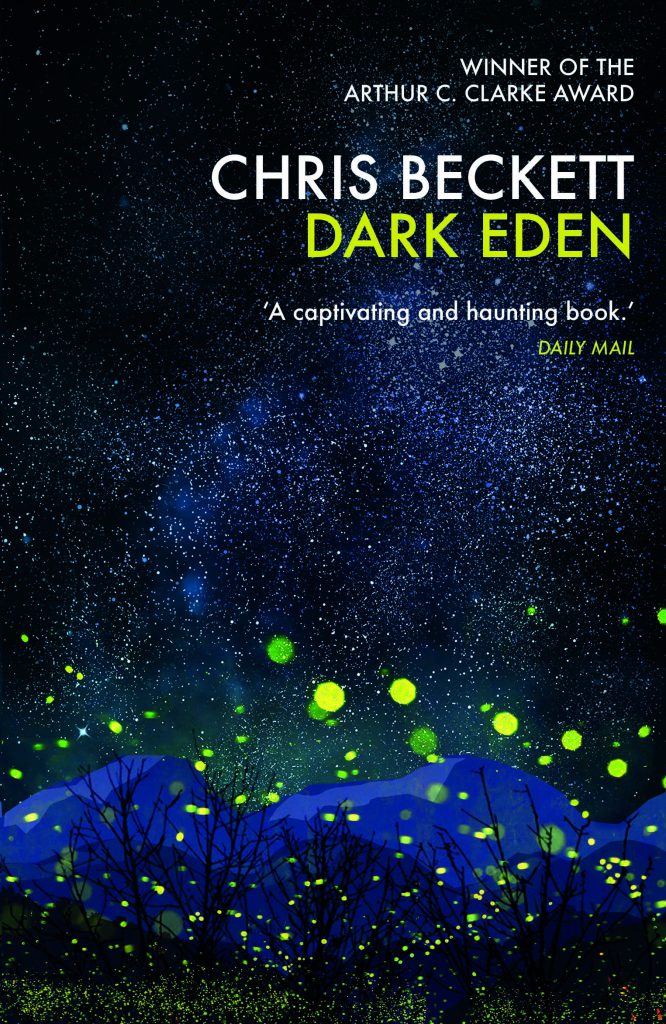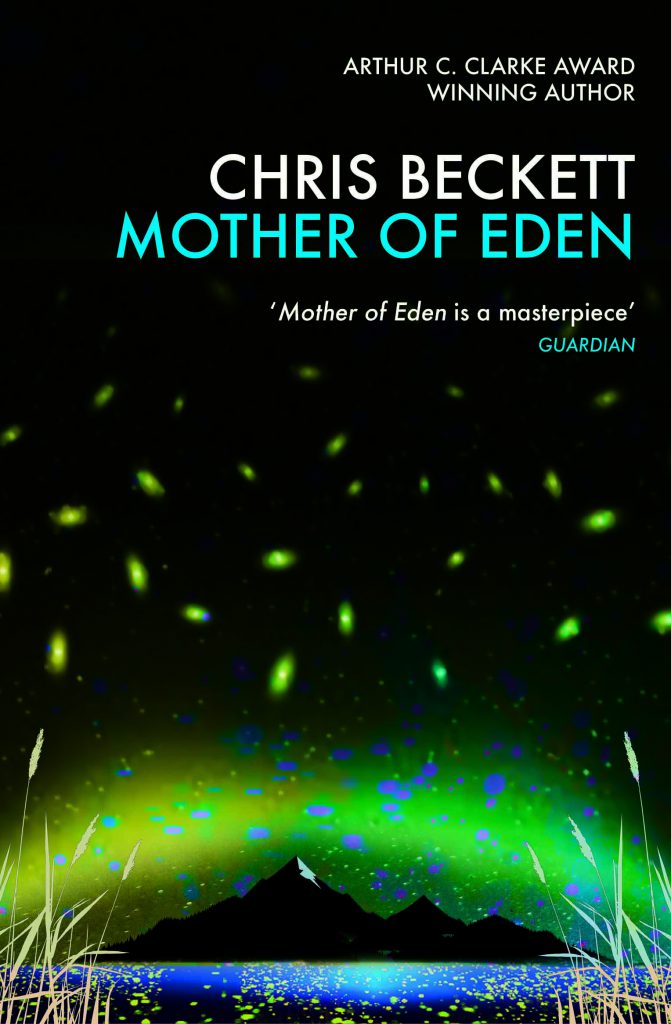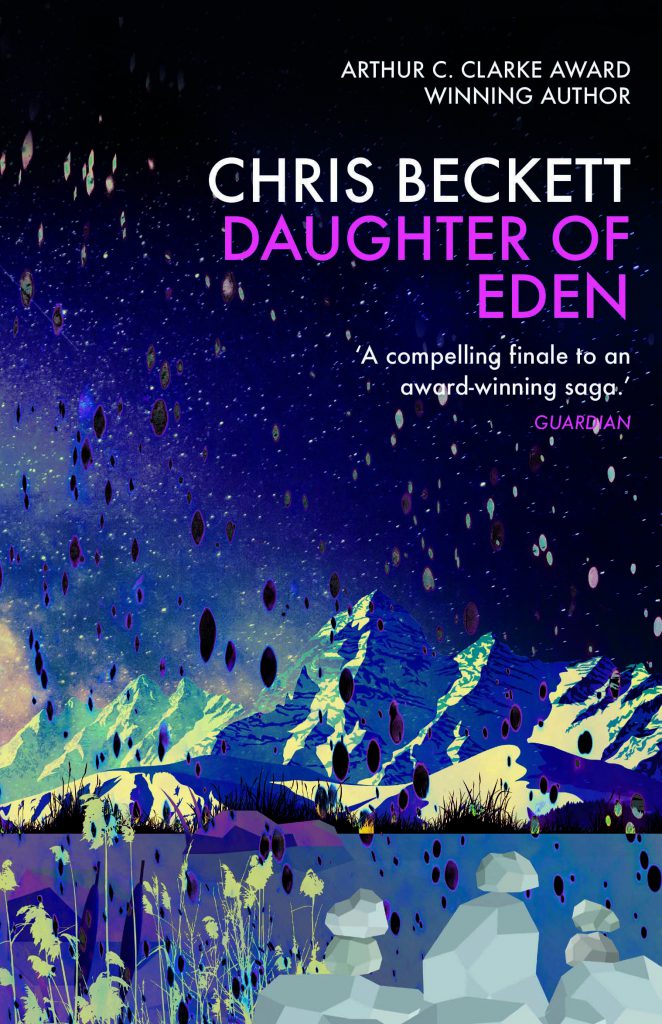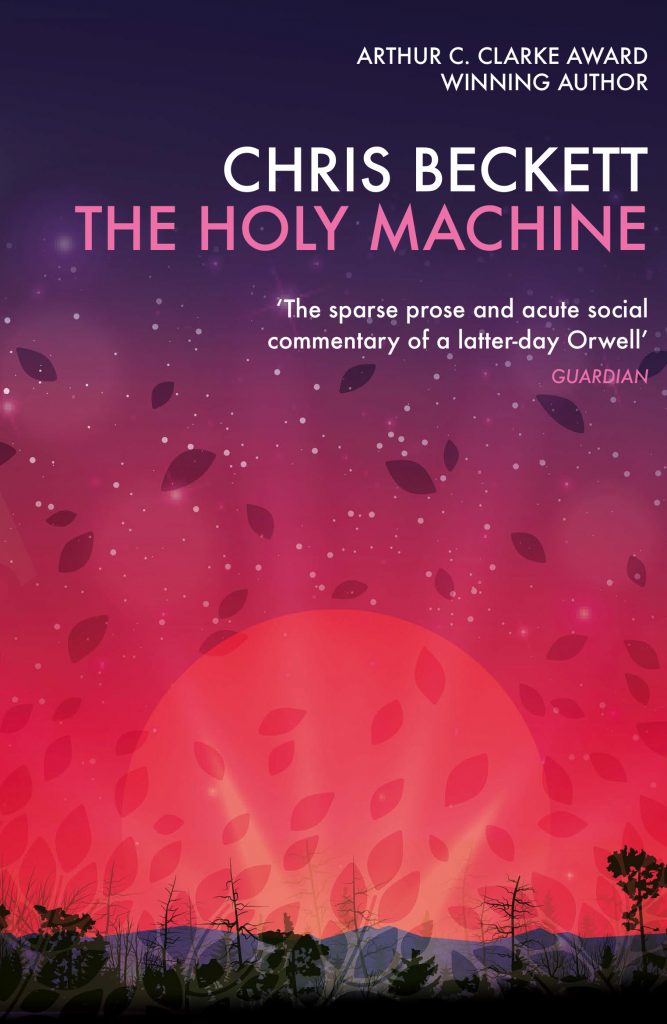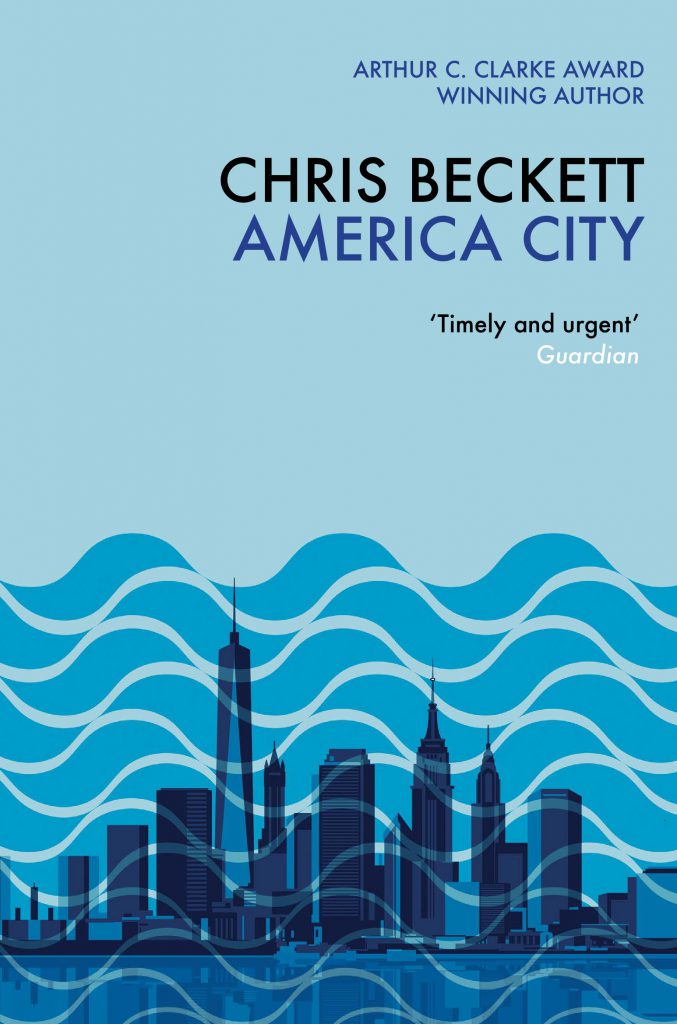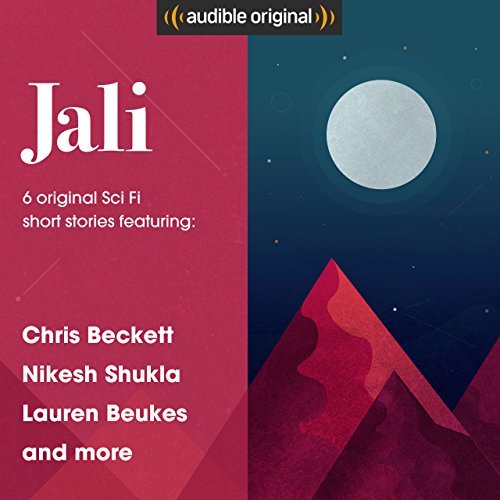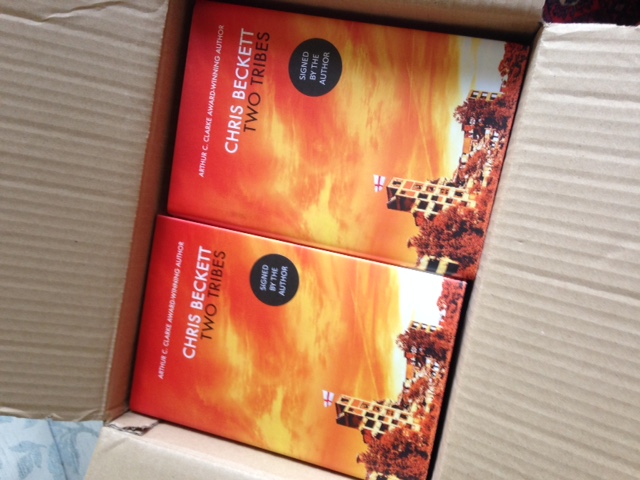
Six boxes of hardback copies of Two Tribes have arrived for me to sign for those who like collecting signed new editions. (If that’s your thing and you want one, you can preorder from Goldsboro).
The book will be out on July 2nd in hardback and as an ebook.
Most of it isn’t science fictional at all, but is set in London and Norfolk in the latter part of 2016 and early 2017. But the framing device is science fictional. The narrator is 250 years in the future, constructing the story from diaries and other sources, and giving herself a fair amount of license to guess things, or even make things up.
The story itself deals mainly with an architect called Harry who has recently separated from his wife and lives in London, and a hairdresser called Michelle who lives in a small Norfolk town called Breckham, and an unlikely and unexpected relationship between them.
The thing that prompted this book -or one of the things anyway- was a map of the results of the 2016 EU referendum, as they applied to East Anglia where I live. The whole region was a sea of ‘Leave’ but I happen to live in Cambridge, which was not only one of two islands of ‘remain’ in East Anglia (the other was Norwich), but the remainiest place in the entire country (75% remain). Yet an hour’s drive away, and in the same county of Cambridgeshire, Fenland was one of the leaviest (71% leave).
I voted remain, and have always had a warm feeling for the whole European project, so I was very saddened by the referendum result, but I thought to myself, how would it be if instead of looking at all this as me living in an island of correctness in a sea of error, or an island of decency in a sea of intolerance, I was to look at it more in the way that, say, an outsider looks at the political geography of Belfast.
Some areas of that city are strongly and publicly unionist, others are equally strongly and publicly nationalist, but from an outsider’s perspective this is not one group of people who are right and decent, and another who are wrong and bad, but rather two tribes, who have been brought up to have different allegiances, and have learned to see the same question in an entirely different way.
I think that’s how the great Brexit divide will look in a couple of hundred years for, after a certain point, when we look at the conflicts of the past, the issues being fought over lose their heat. And that’s the kind of perspective I tried to write from in this book.
In the case of the Brexit vote, there are factors apart from geography that inclined people to vote one way or another, and in particular I was struck by the fact that the ‘leave’ vote was proportionately higher in poorer areas of England (Scotland is different because Scots have the SNP) and in the poorer socioeconomic classes. (Cambridge is not only the remainiest but also one of the very richest parts of the UK.) So, as well as the two tribes of ‘remain’ and ‘leave’, I was thinking when I wrote this book of the two tribes that are middle-class people (and specifically the liberal professional middle classes of which I am undoubtedly a part) and working class people.
Being middle class is definitely one of my topics at the moment. I touched on it in America City, and also in Beneath the World, a Sea, and it continues to be a theme in the book I’m writing now. Most novelists are written by middle class people (or arguably all, since being a writer might itself be defined as a typically professional middle class occupation). As a rule that fact is simply a given, the base from which other topics are looked at, rather than as a thing to be examined in itself. But that’s what I’ve tried to do here.
Needless to say, I was also thinking about Frankie Goes to Hollywood.
